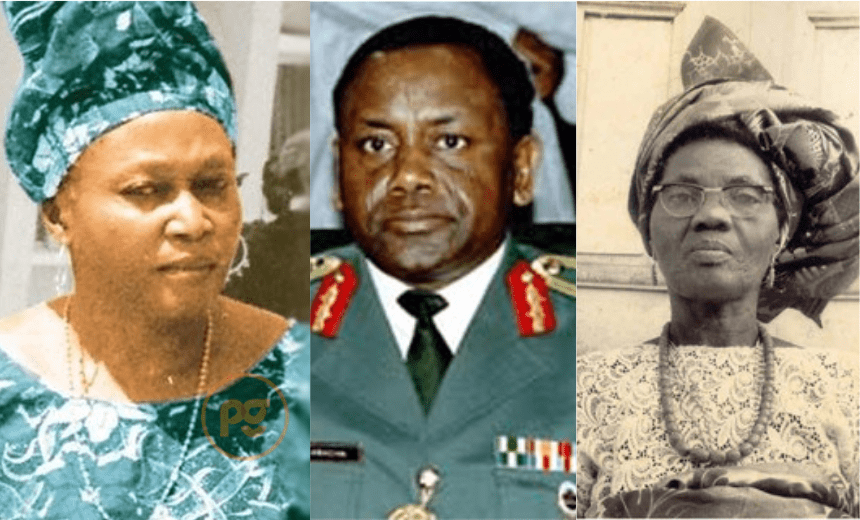As Nigeria continues to reflect on its democratic journey, we shift the spotlight to the women who made significant contributions to the June 12 struggle
From those who paid the supreme prize to those who became widows, and those who lost their freedom to those who kept with their activism despite threats from the military
Who were these women and how can their legacies inspire women participation in politics?
The June 12, 1993 presidential election still resonates as a landmark in Nigeria’s political history
But often overlooked are the women who stood at the heart of the resistance to the fierce military regime that spared nothing to dim the embers of the struggle
Some paid the ultimate prize. Foremost among them was
Kudirat Abiola, wife of the winner of the election who was brutally assassinated. After her husband was held under arrest, Kudirat became his voice. She led protests and drew global attention to the annuled election
She was a target of late General Sani Abacha, whose killer squad finally assassinated her on June 4, 1996 in order to silence the movement. But instead, her death only amplified it.
Her daughter, Hafsat Abiola, carried that flame internationally, becoming a young but powerful advocate for democracy.
Other strong female voices found themselves behind bars for their campaign for democracy and June 12. Chris Anyanwu, publisher and editor-in-chief of “The Sunday Magazine”, TSM, was jailed by the Abacha regime.
Others are human rights activist Joe Okei-Odumakin, who was also repeatedly arrested and detained for challenging military tyranny.
As one of the few vocal women in the Campaign for Democracy, her advocacy came at great personal risk.
While others took to the streets, Ayo Obe embarked on legal advocacy. Using the platform of the Civil Liberties Organisation, she actively pressed for the release of Abiola from detention and for the validation of the June 12 election.
Her principled stance during the dictatorship made her one of Nigeria’s most respected legal minds.
Many other unsung heroines, including journalists, teachers, market women and activists were either brutalized or tear-gassed, but remained undeterred.
The Women in Nigeria Network turned resistance into structure, promoting civic education and using June 12 as both a political and gender struggle.
Their legacy follows the footsteps of Funmilayo Ransome-Kuti and Margaret Ekpo, women who defied colonialism and repressive rule
Many would argue that despite the contributions of women to June 12, women remain sidelined in Nigerian politics, playing only marginal roles since the return to democracy in 1999. For instance, no woman has ever been elected president, vice president, or governor; and their numbers in both federal and state legislative houses continue to dwindle.
The 2025 Democracy Day serves as yet another reminder that for democracy to thrive, women cannot be overlooked
Editor : Ena Agbanoma








